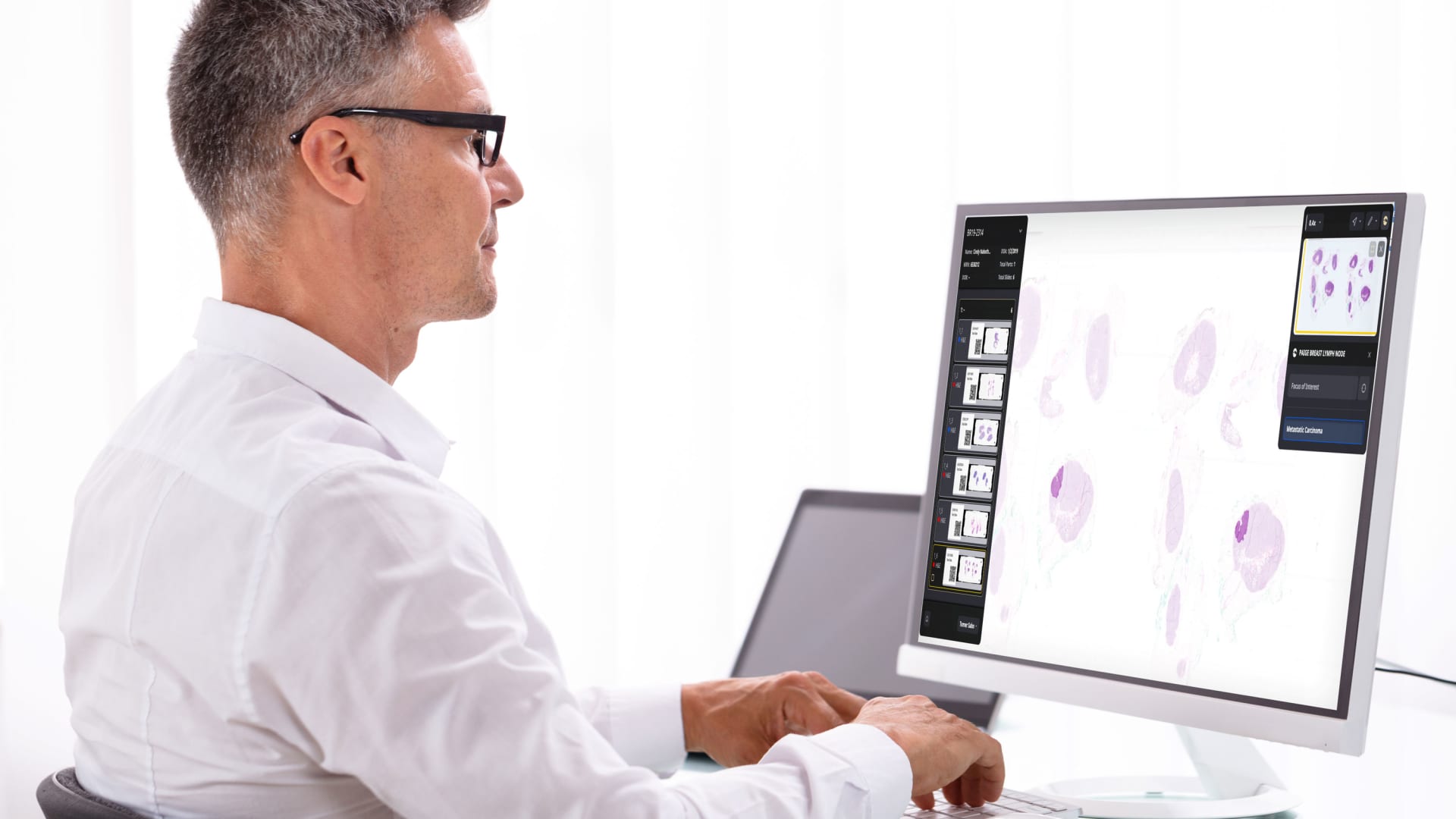Microsoft and Epic are expanding their strategic collaboration to bring generative AI technologies to the healthcare industry, aiming to address urgent needs such as workforce burnout and staffing shortages and enhance patient care and operational efficiency within the Epic electronic health record ecosystem.
Healthcare technology company Innovaccer has unveiled an AI assistant called "Sara for Healthcare" that aims to automate workflows and offer insights to healthcare leaders, clinicians, care coordinators, and contact center representatives. The suite of AI models has been trained specifically for the healthcare context, with a focus on accuracy and addressing privacy and regulatory requirements. The AI assistant works in conjunction with Innovaccer's platform, which integrates healthcare data from various sources. The suite includes features such as instant answers to questions, help with care management, assistance with EHR administrative tasks, and streamlining contact center workflows.
Artificial intelligence (AI) can accurately predict the risk of developing esophageal and stomach cancer, allowing for early detection and prevention measures.
Researchers at Stanford Medicine and their colleagues have developed an artificial intelligence model that uses stained images of glioblastoma tissue to predict the aggressiveness of the brain tumor, determine the genetic makeup of the tumor cells, and evaluate whether cancerous cells remain after surgery.
Microsoft is reportedly integrating artificial intelligence (AI) features into long-standing default apps like Paint, Photos, Snipping Tool, and the Camera application, including capabilities like object and person identification, optical character recognition, and text-based image generation. It is unclear how much the new tools will rely on local hardware or an active internet connection.
Precision oncology is a revolution in cancer care that matches the right treatments to patients, and applying artificial intelligence and machine learning to clinical, genomic, and social determinants of health data can help develop targeted prevention strategies and new treatments while identifying eligible patients.
Kaiser Permanente is using augmented intelligence (AI) to improve patient care, with programs such as the Advanced Alert Monitor (AAM) that identifies high-risk patients, as well as AI systems that declutter physicians' inboxes and analyze medical images for potential risks. These AI-driven applications have proven to be effective in preventing deaths and reducing readmissions, demonstrating the value of integrating AI into healthcare.
Artificial intelligence (AI) has the potential to revolutionize healthcare by improving disease detection and diagnosis, enhancing healthcare systems, and benefiting health care providers, but it also presents challenges that must be addressed, such as developing robust and reliable AI models and ensuring ethical and responsible use.
UK-based biotech startup Etcembly has used generative AI to develop a novel immunotherapy for hard-to-treat cancers, demonstrating the potential of AI in speeding up medical advancements; however, a study published in JAMA Oncology highlights the risks of relying solely on AI recommendations in clinical settings, as AI chatbots can contain factual errors and contradictory information in their treatment plans, emphasizing the importance of rigorous validation.
Computer-assisted colonoscopy driven by artificial intelligence (AI) may increase detection of small polyps, but not colorectal neoplasias or advanced adenomas, according to two new reports.
Artificial intelligence (AI) has the potential to greatly improve health care globally by expanding access to health services, according to Google's chief health officer, Karen DeSalvo. Through initiatives such as using AI to monitor search queries for potential self-harm, as well as developing low-cost ultrasound devices and automated screening for tuberculosis, AI can address health-care access gaps and improve patient outcomes.
UF Health in Jacksonville is using artificial intelligence to help doctors diagnose prostate cancer, allowing them to evaluate cases more quickly and accurately. The AI technology, provided by Paige Prostate, assists in distinguishing between benign and malignant tissue, enhancing doctors' abilities without replacing them.
Dell is partnering with the University of Limerick (UL) to develop an AI-powered platform for predictive and diagnostic cancer research, aiming to streamline cancer biomarker testing and enhance treatment processes for B-cell lymphoma patients.
Scientists at The Feinstein Institutes for Medical Research have been awarded $3.1 million to develop artificial intelligence and machine learning tools to monitor hospitalized patients and predict deterioration, aiming to improve patient outcomes.
Google and the U.S. Department of Defense have developed an Augmented Reality Microscope (ARM) powered by artificial intelligence, which can assist pathologists in diagnosing conditions like cancer by quickly identifying the location and severity of tumors, potentially providing a useful tool for pathologists without easy access to a second opinion.
BioticsAI has developed an AI-based platform that integrates with ultrasound machines to improve the accuracy and efficiency of fetal malformation screenings, providing automated reports and time savings for doctors.
Google Health's chief clinical officer, Michael Howell, discusses the advances in artificial intelligence (AI) that are transforming the field of medicine, emphasizing that AI should be seen as an assistive tool for healthcare professionals rather than a replacement for doctors. He highlights the significant improvements in AI models' ability to answer medical questions and provide patient care suggestions, but also acknowledges the challenges of avoiding AI gaslighting and hallucinations and protecting patient privacy and safety.
The use of advanced imaging techniques in healthcare, such as CT and ultrasound examinations, has increased significantly in the past decade, leading to a growing interest in making these tools more intelligent, user-friendly, and accessible, with organizations like GE developing AI-assisted ultrasound technology to improve healthcare outcomes and access particularly in low to middle-income countries. Additionally, AI algorithms have shown promise in predicting breast cancer risk, and tools like Google Health's DermAssist have the potential to revolutionize patient healthcare.
Researchers at the University of North Carolina have developed an AI model that can predict in real-time whether a surgeon has removed all cancerous tissue during breast cancer surgery by analyzing a mammogram of the removed tissue, performing as well as or better than human doctors.
Mercy health system plans to implement artificial intelligence tools in partnership with Microsoft to help patients navigate the healthcare system, reduce burden on staff, and monitor for errors, with the programs expected to be launched next year aiming to enhance patient care rather than replace jobs.
